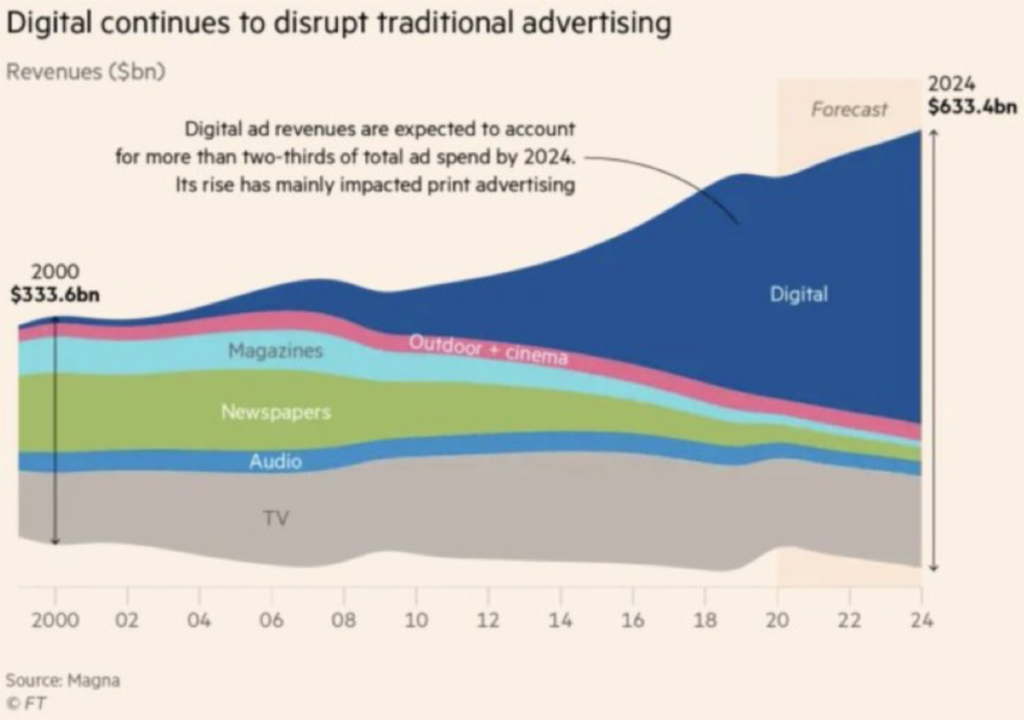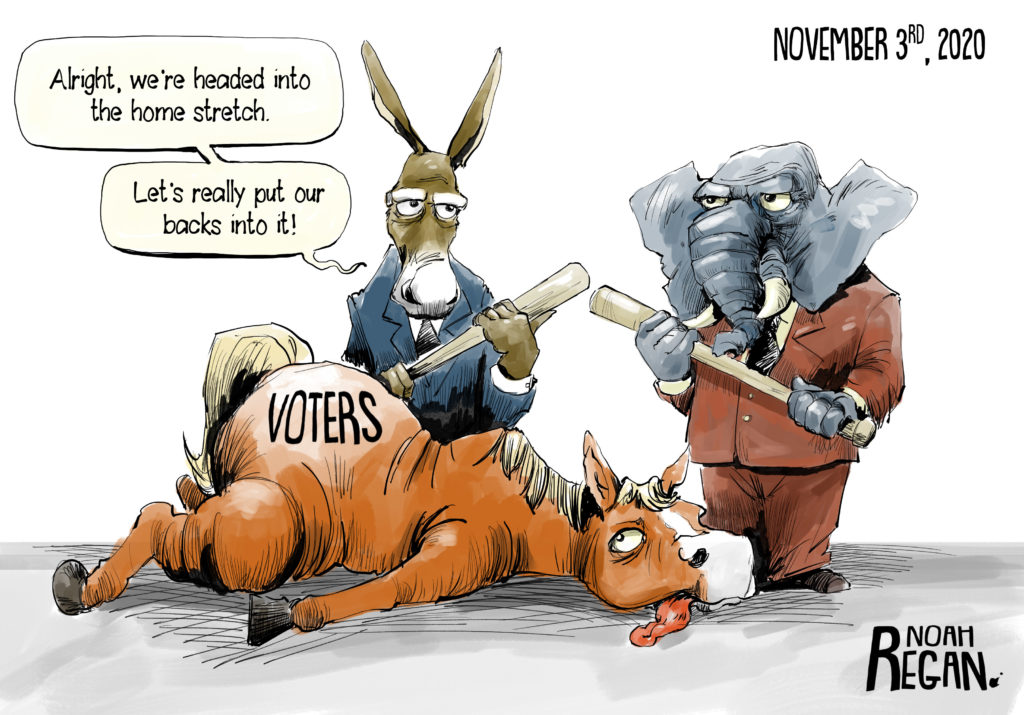Several probable NCUA board openings mean there will be new leadership at NCUA during the next year. In the past decade the appointments have been without any apparent industry influence. In several instances the board member had no credit union or regulatory background.
To bring knowledgeable and capable candidates to the new administration’s attention, the effort should begin now, be public and stress the importance of credit unions’ role in serving America’s consumers.
Biden Transition Teams In Place
The incoming administration recently announced over twenty transition teams to advise on every major government department and activity. The teams total over 530 people and were formed during the campaign. The complete listing is here:
https://buildbackbetter.com/the-transition/agency-review-teams/
Their role is described as: “Agency review teams are responsible for understanding the operations of each agency, ensuring a smooth transfer of power, and preparing for President-elect Biden and Vice President-elect Harris and their cabinet to hit the ground running on Day One. These teams are composed of highly experienced and talented professionals with deep backgrounds in crucial policy areas across the federal government. The teams have been crafted to ensure they not only reflect the values and priorities of the incoming administration, but also reflect the diversity of perspectives crucial for addressing America’s most urgent and complex challenges.”
One Credit Union Leader as a Member
The most recent employment column shows appointees from law firms, universities, consulting businesses, Visa, banking, think tanks and the ubiquitous “self-employed.” Scanning the listings, I could find only one current credit union leader in the group under the CFPB team.
Consumer Financial Protection Bureau
Bill Bynum Hope Enterprise Corporation Volunteer
Credit Unions know Bill as the CEO of the $352 million Hope FCU in Jackson, MS.
The transition team charged with overseeing federal regulatory agencies is listed below. I do not know if any of these have cooperative or credit union experience or are even credit union members.
However, at least four of the institutional employers of these members have credit unions serving their community. It would seem useful if the CEO’s of these credit unions would make contact and ask if it would be appropriate to bring credit union needs to the committee’s purview.
Federal Reserve, Banking and Securities Regulators
The Federal Reserve, Banking and Securities Regulators group includes the Commodity Futures Trading Commission, the Federal Deposit Insurance Corporation, the Federal Reserve, the National Credit Union Administration, and the Securities and Exchange Commission.
| Name | Most Recent Employment | Source of Funding |
| Gary Gensler, Team Lead | Massachusetts Institute of Technology | Volunteer |
| Reena Aggarwal | Georgetown University | Volunteer |
| Mehrsa Baradaran | University of California, Irvine School of Law | Volunteer |
| Lisa Cook | Michigan State University | Volunteer |
| Amanda Fischer | Washington Center for Equitable Growth | Volunteer |
| Andy Green | Center for American Progress | Volunteer |
| Campbell Haynes | Virginia Coordinated Campaign | Transition — PT Fund, Inc. |
| Simon Johnson | Massachusetts Institute of Technology | Volunteer |
| Dennis Kelleher | Better Markets, Inc. | Volunteer |
| Satyam Khanna | New York University, School of Law, Institute for Corporate Governance and Finance | Volunteer |
| Renaye Manley | Service Employees International Union | Volunteer |
| Lev Menand | Columbia University | Volunteer |
| Damon Silvers | AFL-CIO | Volunteer |
| Victoria Suarez-Palomo | Orrick, Herrington & Sutcliffe, LLP | Volunteer |
It’s About Relationships
Credit unions’ competitive advantage depends on the relationship with its member-owners. Politics depends on relationships built on loyalty. Now is the time to reinvigorate existing relationships or establish new ones. Maybe we could start by asking Bill Bynum for counsel?






